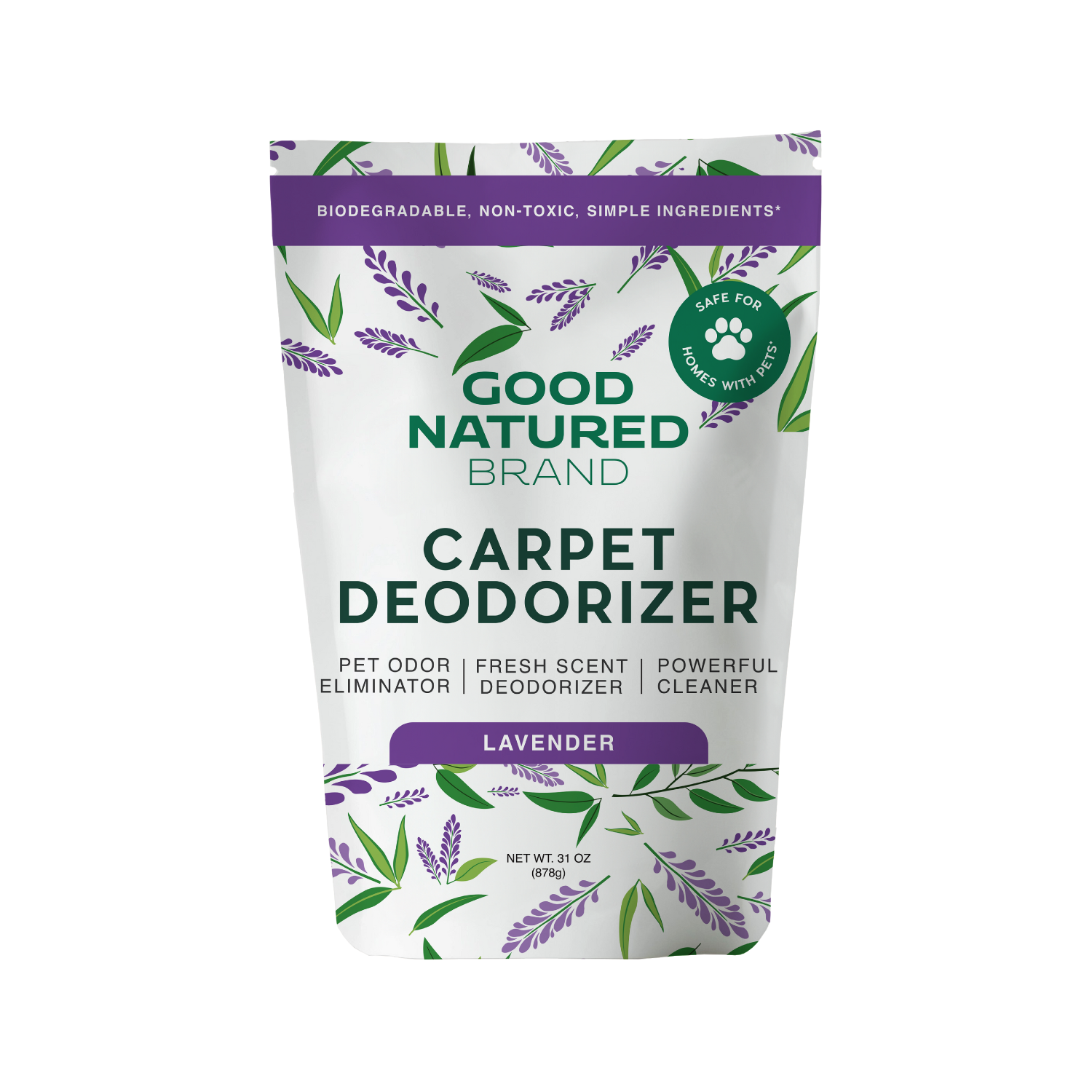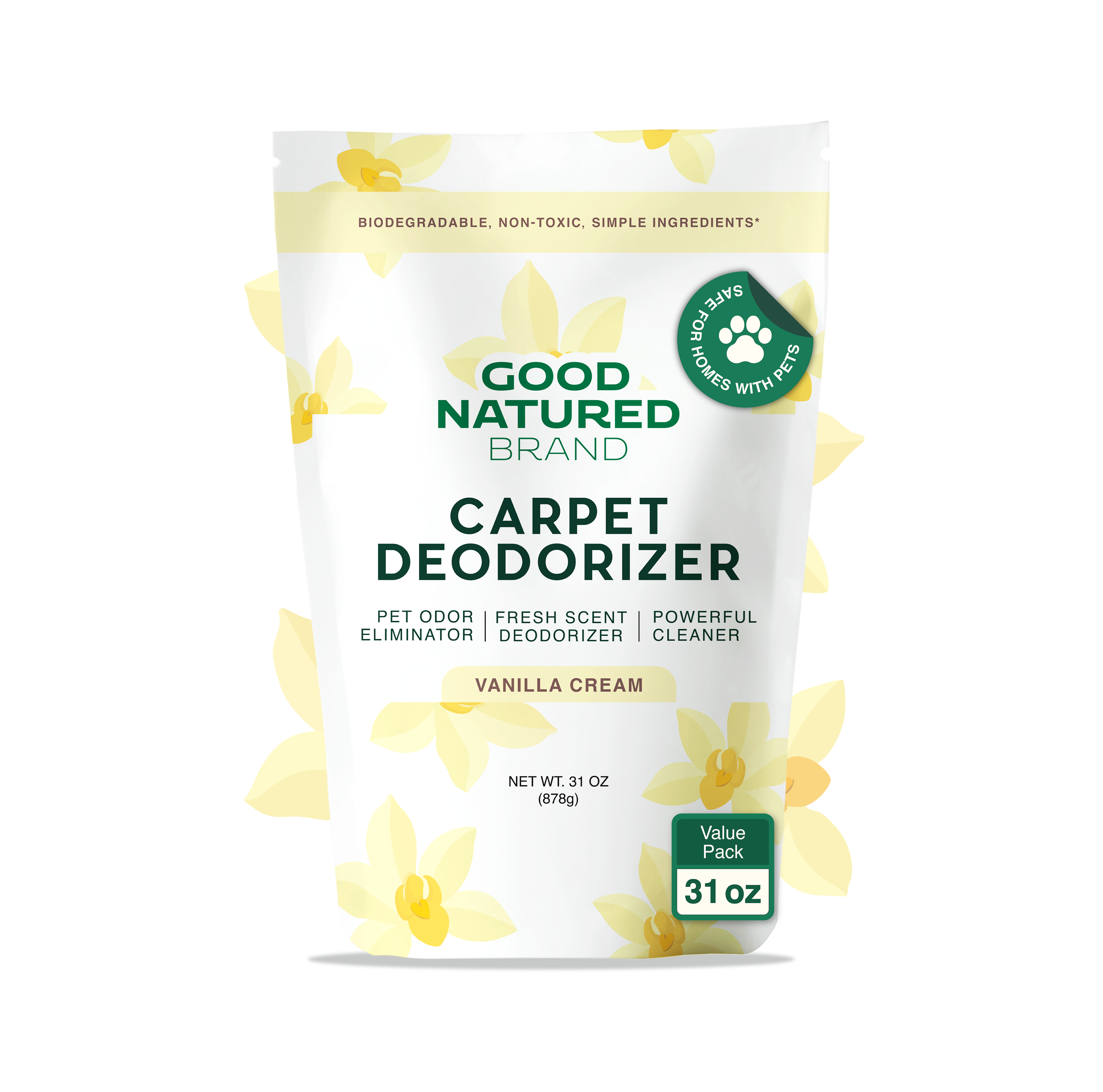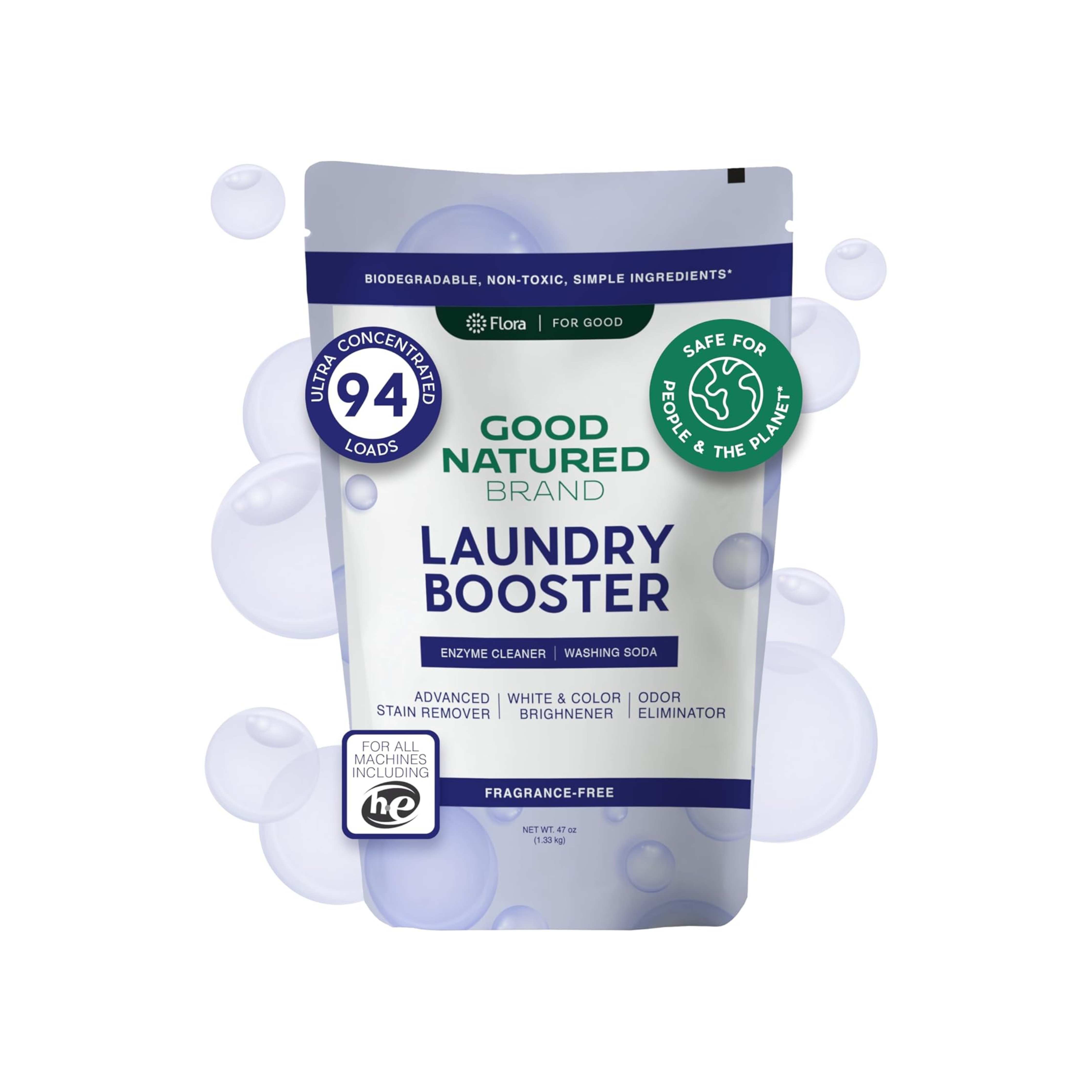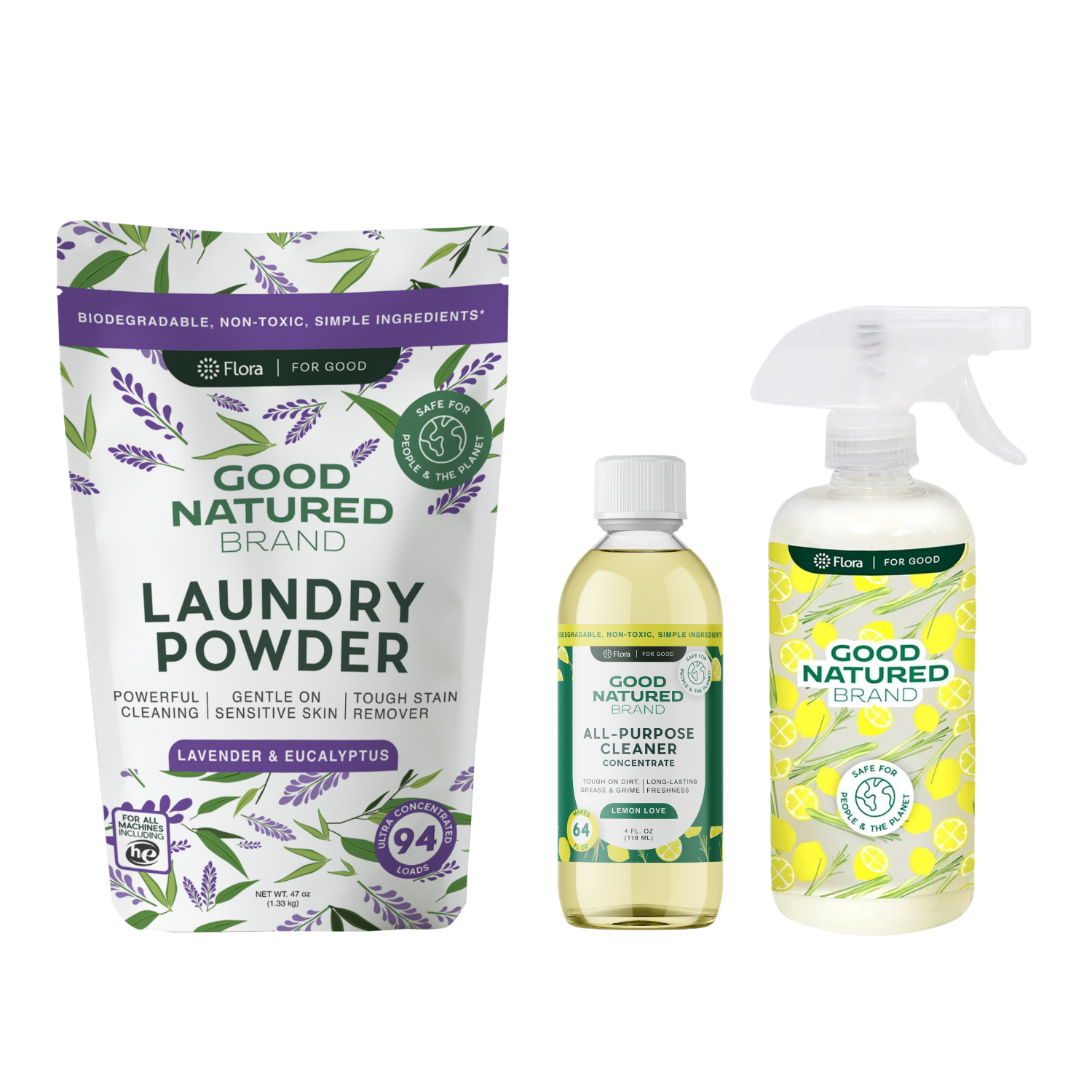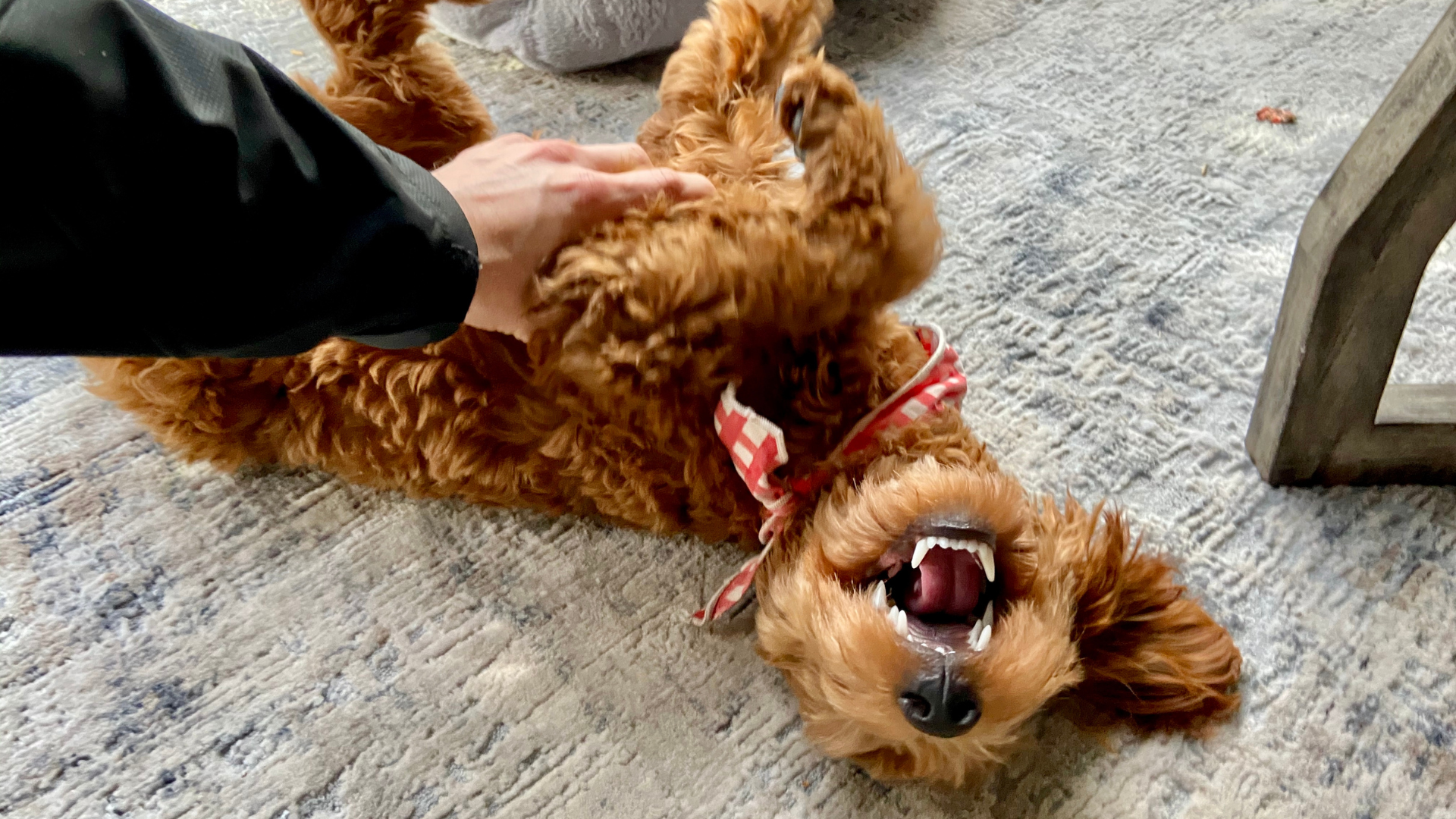Choosing a dog is one of the most significant decisions a pet owner can make. Dogs are not just pets; they become a part of your family. Selecting a breed that fits well with your lifestyle is essential for creating a harmonious home. This guide will help you navigate the important considerations to keep in mind as you explore how to choose the perfect dog for your lifestyle.
Assessing Your Lifestyle Needs
Evaluating your daily routine is the first step in determining what type of dog will fit seamlessly into your life. Consider your work schedule, social activities, and family commitments. If you work long hours or travel frequently, you may need to choose a breed that is more independent or requires less interaction. On the other hand, if you have a flexible schedule, you may opt for a breed that thrives on companionship and engagement.
Your activity level is another critical factor to consider. Are you a highly active person who enjoys outdoor activities like hiking or jogging? If so, you might be better suited for an energetic breed that can keep pace with your lifestyle. Alternatively, if you prefer a more relaxed lifestyle, you may want to consider breeds that are known for being calm and low-energy.
Living arrangements also play a significant role in your choice of dog. Those who live in apartments may need to consider smaller breeds that are more adaptable to limited space. It's essential to think about how much room you have for a dog to roam freely. If you have a backyard, larger breeds that require more space may be a good fit.
Identifying Key Dog Traits
When selecting a dog, understanding the physical traits and care needs of various breeds is essential. Size is one of the most obvious factors. Small dogs may be more suitable for apartment living, while larger breeds might require more space and exercise.
Grooming needs are another consideration. Some dogs have coats that require regular grooming, while others have minimal grooming needs. If you are concerned about pet hair in your home, you might want to opt for breeds that are known to be hypoallergenic or have low-shedding coats. Regular use of products like our Carpet Deodorizers can help maintain a fresh and clean home, even with shedding dogs.
Temperament is perhaps one of the most critical factors when choosing a dog. Different breeds have different personalities. While some dogs are known for their friendliness and sociability, others may be more independent or protective. Understanding these traits can help ensure that your dog’s personality aligns with your family's dynamics.
Matching Dog Breeds to Lifestyle
Now that you've assessed your lifestyle needs and identified key traits, it's time to match specific dog breeds to your situation. For families with children, some breeds are known for being particularly good with kids. Breeds like Labrador Retrievers, Golden Retrievers, and Beagles are often great companions for children due to their friendly and tolerant nature.
If you're an active individual, consider breeds that thrive on physical activity. Breeds like Border Collies, Australian Shepherds, and Siberian Huskies are not only energetic but also enjoy participating in various outdoor activities. Engaging in exercise with your dog can significantly enhance your bond and improve both of your overall well-being.
On the other hand, if you or a family member is less active or if you're an older adult, low-energy breeds may be more appropriate. Breeds like Bulldogs, Shih Tzus, or Basset Hounds often adapt well to a more relaxed lifestyle and require less exercise. They can provide companionship without the need for extensive physical activity.
The Importance of Researching Breeds
Once you have narrowed down your options, it's crucial to research specific breeds further. Understanding the breed’s characteristics, health concerns, and care requirements can provide valuable insights. Resources like breed-specific clubs, veterinary consultations, and reputable dog training websites can be excellent sources of information.
Additionally, consider whether you want to adopt a dog from a shelter or purchase from a breeder. Adoption can provide a loving home to a dog in need, and shelters often have a variety of breeds and mixes available. If choosing a breeder, ensure they follow ethical breeding practices and prioritize the health and temperament of their dogs.
Preparing for Your New Dog
Before bringing a dog into your home, you must prepare your living space. Create a dog-friendly environment by removing hazards and ensuring your home is safe for your new companion. You may also want to invest in essential supplies, such as a comfortable bed, food and water dishes, leashes, and toys to keep your dog entertained.
Cleaning supplies are also vital. Consider stocking up on Laundry Powders designed for pet owners. They can effectively remove stains and odors from pet bedding and your clothes. Additionally, having All-Purpose Cleaners on hand will help you maintain a clean and healthy environment for your new pet.
Researching Breeds and Adoption Options
After narrowing down potential breeds, it’s crucial to conduct thorough research on each option. Understanding breed-specific characteristics, health concerns, and care requirements can help you make a well-informed decision. Resources such as breed associations, reputable dog training organizations, and vet consultations can provide valuable insights.
Additionally, consider whether you want to adopt from a shelter or purchase from a breeder. Adoption can be a rewarding way to give a dog a second chance at a loving home. Many shelters have mixed breeds and purebreds alike, and adopting a dog can save a life and reduce the number of homeless animals. If you choose to buy from a breeder, look for one that follows ethical practices and prioritizes the health and temperament of their dogs.
For those who already have pets, consider how a new dog will fit into your existing family dynamic. It’s essential to introduce them gradually and monitor their interactions to ensure a smooth transition.
Preparing for Your New Dog
Creating a dog-friendly environment is critical before bringing your new companion home. Start by dog-proofing your space. Remove hazards, such as toxic plants, small objects that can be swallowed, and any cords or cables that may pose a strangulation risk.
Invest in essential supplies to ensure your dog feels comfortable and secure. This includes a cozy bed, food and water dishes, leashes, collars, and toys to keep your dog entertained. You may also want to designate a specific area in your home where your dog can relax and feel safe.
Cleaning supplies are equally important. As a pet owner, you’ll want to keep your home looking and smelling fresh. Consider using Laundry Powders designed for pet owners to effectively remove stains and odors from bedding and your clothes. Additionally, having All-Purpose Cleaners on hand will help you tackle any messes that arise during your dog’s adjustment period.
Don’t forget to stock up on products like Carpet Deodorizers to maintain a fresh-smelling home, especially if your new dog has a tendency to shed or create odors.
The Commitment of Dog Ownership
Bringing a dog into your life is not just a short-term commitment; it’s a long-term responsibility that requires time, effort, and financial resources. Dogs rely on their owners for care, companionship, and proper training.
Understanding the costs associated with dog ownership is essential. These include food, veterinary care, grooming, training, and supplies. Additionally, you should also consider the potential costs of pet insurance, which can help offset unexpected medical expenses.
Training is another vital aspect of responsible dog ownership. Investing time in training your dog can lead to a well-behaved companion. Basic commands, socialization, and house training are fundamental skills that every dog should learn. Consider enrolling in a local obedience class or seeking the help of a professional dog trainer if needed.
Building a strong bond with your new dog is essential for a happy relationship. Spend quality time together through play, training, and walks. Understanding your dog's body language and behavior will help you strengthen your connection and create a trusting relationship.
Building a Strong Bond with Your New Dog
Once you’ve welcomed your new dog into your home, the focus should shift toward building a lasting bond. This involves patience, love, and understanding. Every dog has its personality and may require time to adjust to its new environment.
Engaging in regular activities together, such as walks, playtime, and training sessions, will help you bond with your dog. Positive reinforcement techniques during training will encourage your dog to respond well and build trust in you as their leader.
Routine is also important for dogs. Establishing a consistent schedule for feeding, potty breaks, and playtime can help your dog feel secure in their new home. This predictability can ease anxiety and develop a sense of stability.
As you embark on this rewarding journey of dog ownership, remember that it’s a partnership. Both you and your dog will learn from each other, grow together, and create countless cherished memories. By taking the time to prepare and understand your dog’s needs, you can foster a loving and fulfilling relationship that lasts a lifetime.
In conclusion, choosing the perfect dog for your lifestyle involves careful consideration and planning. By researching breeds, preparing your home, and understanding the long-term commitments of dog ownership, you can ensure a happy and harmonious life with your new furry companion. For more tips and insights on pet care, feel free to explore our Good Natured Brand blog and discover our range of eco-friendly cleaning products designed with pet owners in mind.

